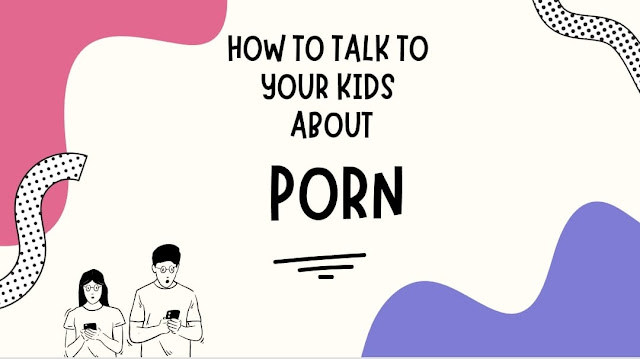Asking for forgiveness
Do we know how to ask for forgiveness? And, above all, do we teach our sons and daughters to ask for forgiveness?
The ability to ask for forgiveness is one of the most valuable qualities we possess as human beings. However, we often find ourselves in situations where this gesture is overlooked. My experience has led me to question whether we really know how to ask for forgiveness and whether we are teaching this valuable lesson to younger generations.
In the years that I have held the position of School Principal, there have been many occasions in which I have found myself addressing issues that required improvements or corrections to the teaching staff, not an easy task.
An example that comes to my mind is when I mentioned to a teacher that the school's signing-in system had detected that she was frequently late.
Instead of admitting it,she justified herself by saying that the clocking system was flawed or that she met parents on the way to school and they stoppedher, or even that her phone was not compatible with the clocking application. However, at no time did she own up to her mistake or commit to improving, she left angry and feeling attacked.
This pattern of not taking responsibility and reacting defensively is something I have frequently noticed in younger professionals, and it has become a worrying trend. It seems that they do not accept criticism and feel attacked when areas of improvement in their work are pointed out. This resistance to asking for forgiveness or admitting mistakes can lead to more serious problems, such as the inability to deal with rejection or constructive criticism.
We are definitely facing a pending issue in education and parenting. Teaching boys and girls to ask for forgiveness, recognize mistakes and accept constructive criticism is essential to prepare them for adult life.
As family and educators, we have the responsibility to cultivate these skills in future generations, thus contributing to creating more resilient and humble citizens. Recognizing that we are not perfect and that everyone, without exception, makes mistakes is a fundamental truth.
In my own journey for self-improvement, I have adopted the practice of, when I have raised my voice or lost my temper with my children, sitting with them in a moment of serenity and asking for their forgiveness.
I tell them, for example: "Forgive me, I had a bad day and I didn't know how to stay calm, or I'm sorry today I went too far and didn't talk nice to you, but I will continue working to improve."
What comforts me, is that they see this act as something normal and respond with a simple "ok mom, nothing's wrong", they smile, give me a hug and go on with whatever they were doing.
For me, it is very important that they understand that saying I'm sorry is normal behavior and that everyone, even adults, is capable of doing it. I am convinced that effective education is based on the example we set for our sons and daughters.
How about you? Do you usually apologize to your children when you make a mistake?
Let me know what you think.
A hug, Cris
.png)
.jpg)

Comentarios
Publicar un comentario